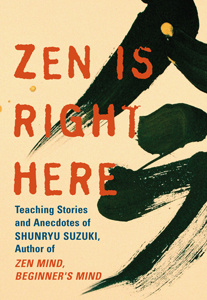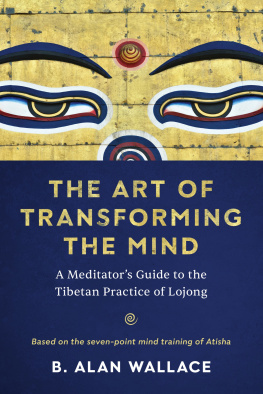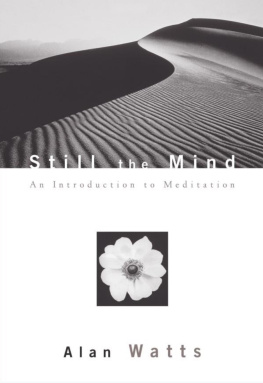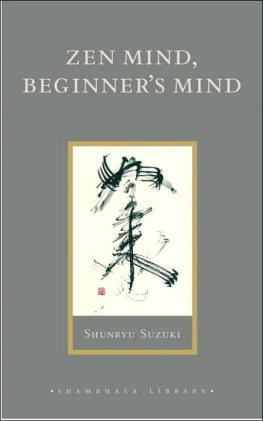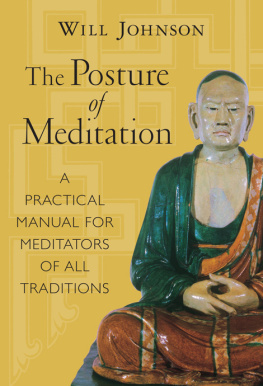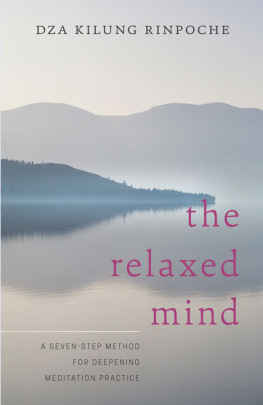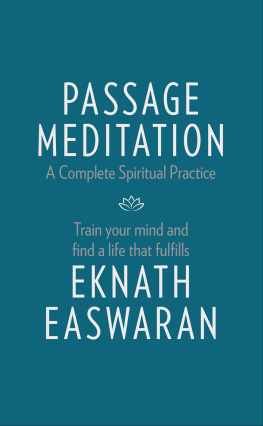Dixon Trudy - Zen mind, beginners mind
Here you can read online Dixon Trudy - Zen mind, beginners mind full text of the book (entire story) in english for free. Download pdf and epub, get meaning, cover and reviews about this ebook. City: Boston, year: 2010, publisher: Shambhala Publications, genre: Religion. Description of the work, (preface) as well as reviews are available. Best literature library LitArk.com created for fans of good reading and offers a wide selection of genres:
Romance novel
Science fiction
Adventure
Detective
Science
History
Home and family
Prose
Art
Politics
Computer
Non-fiction
Religion
Business
Children
Humor
Choose a favorite category and find really read worthwhile books. Enjoy immersion in the world of imagination, feel the emotions of the characters or learn something new for yourself, make an fascinating discovery.
- Book:Zen mind, beginners mind
- Author:
- Publisher:Shambhala Publications
- Genre:
- Year:2010
- City:Boston
- Rating:5 / 5
- Favourites:Add to favourites
- Your mark:
- 100
- 1
- 2
- 3
- 4
- 5
Zen mind, beginners mind: summary, description and annotation
We offer to read an annotation, description, summary or preface (depends on what the author of the book "Zen mind, beginners mind" wrote himself). If you haven't found the necessary information about the book — write in the comments, we will try to find it.
Abstract: The Zen master explains the practice, nature, and basic attitudes of Zen meditation
Zen mind, beginners mind — read online for free the complete book (whole text) full work
Below is the text of the book, divided by pages. System saving the place of the last page read, allows you to conveniently read the book "Zen mind, beginners mind" online for free, without having to search again every time where you left off. Put a bookmark, and you can go to the page where you finished reading at any time.
Font size:
Interval:
Bookmark:
One of the best, and most succinct, introductions to Zen practice.
Library Journal
[This] is a different book every time I read it. Behind the simplicity, it is dense with Zen wisdom that flashes like lightning as you read and reread.
Jon Lebkowskyl, Millennium Whole Earth Catalog
This is one of the top five Buddhist books, ever.
Elephant
ABOUT THE BOOK
In the beginners mind there are many possibilities, but in the experts there are few.
So begins this most beloved of all American Zen books. Seldom has such a small handful of words provided a teaching as rich as has this famous opening line. In a single stroke, the simple sentence cuts through the pervasive tendency students have of getting so close to Zen as to completely miss what its all about. An instant teaching on the first page. And thats just the beginning.
In the forty years since its original publication, Zen Mind, Beginners Mind has become one of the great modern Zen classics, much beloved, much reread, and much recommended as the best first book to read on Zen. Suzuki Roshi presents the basicsfrom the details of posture and breathing in zazen to the perception of nondualityin a way that is not only remarkably clear, but that also resonates with the joy of insight from the first to the last page. Its a book to come back to time and time again as an inspiration to practice, and it is now available to a new generation of seekers in this fortieth anniversary edition, with a new afterword by Shunryu Suzukis biographer, David Chadwick.
SHUNRYU SUZUKI (19041971) was one of the most influential spiritual teachers of the twentieth century and is truly a founding father of Zen in America. A Japanese priest of the Soto lineage, he taught in the United States from 1959 until his death. He was the founder of the San Francisco Zen Center and the Tassajara Zen Mountain Center. He is the author of Zen Mind, Beginners Mind and Branching Streams Flow in the Darkness: Zen Talks on the Sandokai, and he is the subject of the biography Crooked Cucumber by David Chadwick.
Sign up to learn more about our books and receive special offers from Shambhala Publications.

Or visit us online to sign up at shambhala.com/eshambhala.
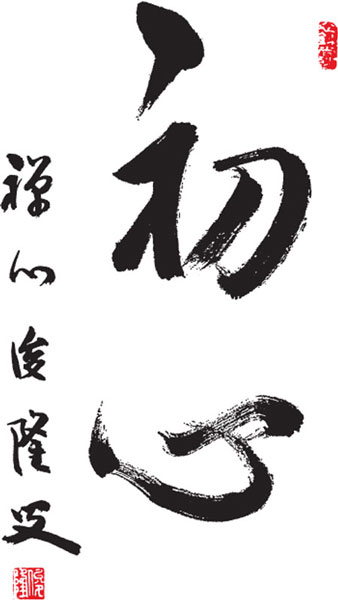
ZEN MIND,
BEGINNERS MIND
SHUNRYU SUZUKI
Fortieth Anniversary Edition
edited by Trudy Dixon
with a preface by Huston Smith
an introduction by Richard Baker
and an afterword by David Chadwick

SHAMBHALA
Boston &London
2011
FRONTISPIECE: THE CHARACTERS FOR BEGINNERS MIND IN CALLIGRAPHY BY SHUNRYU SUZUKI.
Shambhala Publications, Inc.
Horticultural Hall
300 Massachusetts Avenue
Boston, Massachusetts 02115
www.shambhala.com
Protected under terms of the International Copyright Union.
Jaan Kaplinski, Shunryu Suzuki from The Wandering Border, translated from the Estonian by the author with Sam Hamill and Riina Tam.
1987 by Jaan Kaplinski. Reprinted with the permission of Copper Canyon Press, www.coppercanyonpress.org.
All rights reserved. No part of this book may be reproduced in any form or by any means, electronic or mechanical, including photocopying, recording, or by any information storage and retrieval system, without permission in writing from the publisher.
LIBRARY OF CONGRESS CATALOGING-IN-PUBLICATION DATA
Suzuki, Shunryu, 19041971
Zen mind, beginners mind / Shunryu Suzuki; edited by Trudy Dixon, with a preface by Huston Smith, an introduction by Richard Baker, and an afterword by David Chadwick.
40th anniversary ed.
p. cm.
eISBN 978-0-8348-2129-3
ISBN 978-1-59030-850-9 (hardcover: alk. paper)
ISBN 978-1-59030-890-5 (hardcover with slipcase: alk. paper)
ISBN 978-1-59030-849-3 (paperback: alk. paper)
1. MeditationZen Buddhism. 2. Zen BuddhismDoctrines. I. Dixon, Trudy. II. Title.
BQ9288.S994 2010
294.34435dc22
2010023230
TO MY MASTER
GYOKUJUN SO-ON-DAIOSHO
T WO SUZUKIS. A half-century ago, in a transplant that has been likened in its historical importance to the Latin translations of Aristotle in the thirteenth century and of Plato in the fifteenth, Daisetz Suzuki brought Zen to the West single-handed. Fifty years later, Shunryu Suzuki did something almost as important. He sounded exactly the follow-up note Americans interested in Zen need to hear.
Whereas Daisetz Suzukis Zen was dramatic, Shunryu Suzukis is ordinary. Satori was focal for Daisetz, and it was in large part the fascination of this extraordinary state that made his writings so compelling. In Shunryu Suzukis book the words satori and kensho, its near-equivalent, never appear.
When, four months before his death, I had the opportunity to ask him why satori didnt figure in his book, his wife leaned toward me and whispered impishly, Its because he hasnt had it; whereupon the Roshi batted his fan at her in mock consternation and with finger to his lips hissed, Shhhh! Dont tell him! When our laughter had subsided, he said simply, Its not that satori is unimportant, but its not the part of Zen that needs to be stressed.
Suzuki-roshi was with us, in America, only twelve yearsa single round in the East Asian way of counting years in dozensbut they were enough. Through the work of this small, quiet man there is now a thriving Soto Zen organization on our continent. His life represented the Soto Way so perfectly that the man and the Way were merged. His nonego attitude left us no eccentricities to embroider upon. Though he made no waves and left no traces as a personality in the worldly sense, the impress of his footsteps in the invisible world of history lead straight on. His monuments are the first Soto Zen monastery in the West, the Zen Mountain Center at Tassajara; its city adjunct, the Zen Center in San Francisco; and, for the public at large, this book.
Leaving nothing to chance, he prepared his students for their most difficult moment, when his palpable presence would vanish into the void:
If when I die, the moment Im dying, if I suffer that is all right, you know; that is suffering Buddha. No confusion in it. Maybe everyone will struggle because of the physical agony or spiritual agony, too. But that is all right, that is not a problem. We should be very grateful to have a limited body... like mine, or like yours. If you had a limitless life it would be a real problem for you.
And he secured the transmission. In the Mountain Seat ceremony, November 21, 1971, he installed Richard Baker as his Dharma heir. His cancer had advanced to the point where he could march in the processional only supported by his son. Even so, with each step his staff banged the floor with the steel of the Zen will that informed his gentle exterior. Baker received the mantle with a poem:
This piece of incense
Which I have had for a long long time
I offer with no-hand
To my Master, to my friend, Suzuki Shunryu Daiosho
The founder of these temples.
There is no measure of what you have done.
Walking with you in Buddhas gentle rain
Our robes are soaked through,
But on the lotus leaves
Not a drop remains.
Two weeks later the Master was gone, and at his funeral on December 4 Baker-roshi spoke for the throng that had assembled to pay tribute:
Next pageFont size:
Interval:
Bookmark:
Similar books «Zen mind, beginners mind»
Look at similar books to Zen mind, beginners mind. We have selected literature similar in name and meaning in the hope of providing readers with more options to find new, interesting, not yet read works.
Discussion, reviews of the book Zen mind, beginners mind and just readers' own opinions. Leave your comments, write what you think about the work, its meaning or the main characters. Specify what exactly you liked and what you didn't like, and why you think so.

